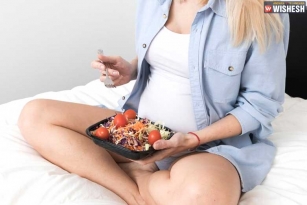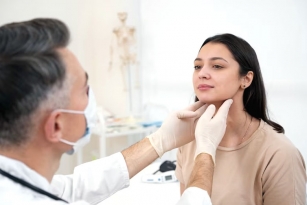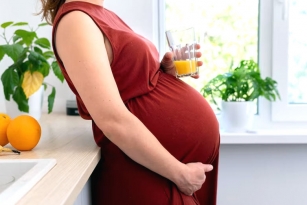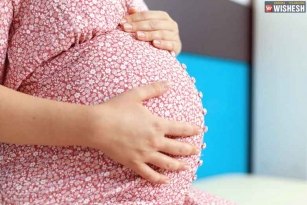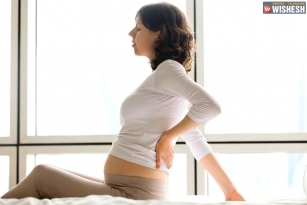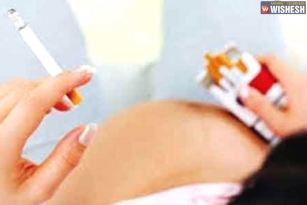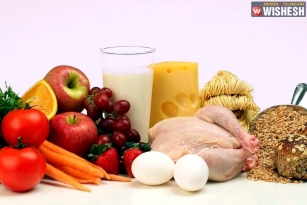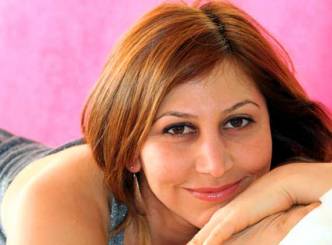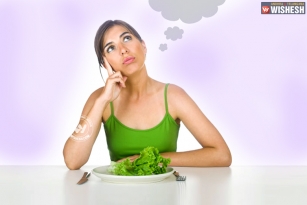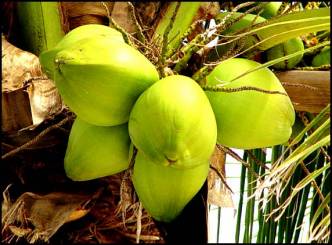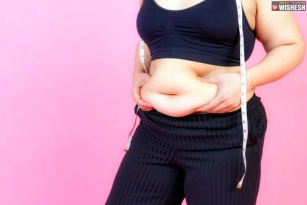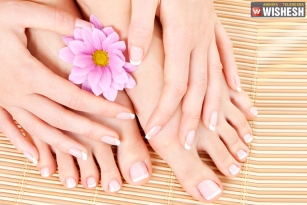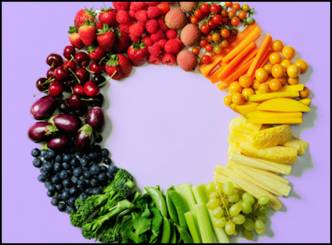
Now that you're a mum-to-be, you need to eat well. If your diet is poor to begin with, it is even more important to make sure you have a healthy diet now. You need more vitamins and minerals, especially folic acid and iron. You need a few more calories during your pregnancy as well. Getting your diet right for pregnancy is more about what you eat than about how much. Limit junk food, as it has lots of calories with few or no nutrients.
Eat a variety of foods from these different food groups each day:
Milk and dairy products: skimmed milk, yogurt/curd, buttermilk (chhaach), cottage cheese (paneer). These foods are high in calcium, protein and Vitamin B-12. Talk to your doctor about what to eat if you are lactose intolerant.
Cereals, whole grains, dals, pulses and nuts: these are good sources of protein if you do not eat meat. Vegetarians need about 45 grams of nuts and 2/3 of a cup of legumes for protein each day. One egg, 14 grams of nuts, or ¼ cup of legumes is considered equivalent to roughly 28 grams of meat, poultry, or fish.
Vegetables and fruits: these provide vitamins, minerals and fibre.
Meat, fish and poultry: these provide concentrated proteins.
Fluids: Drink lots of fluids, especially water and fresh fruit juices. Make sure you drink clean boiled or filtered water. Carry your own water when out of the house, or buy bottled water from a reputed brand. Most diseases are caused by waterborne viruses. Go easy on packaged juices as they have a very high sugar content.
Fats and oils: Ghee, butter, coconut milk and oil are high in saturated fats, which are not very healthy. Vanaspati oil is high in trans fats, which are as bad for you as saturated fats. A better source of fat is vegetable oils because these contain more unsaturated fat.




